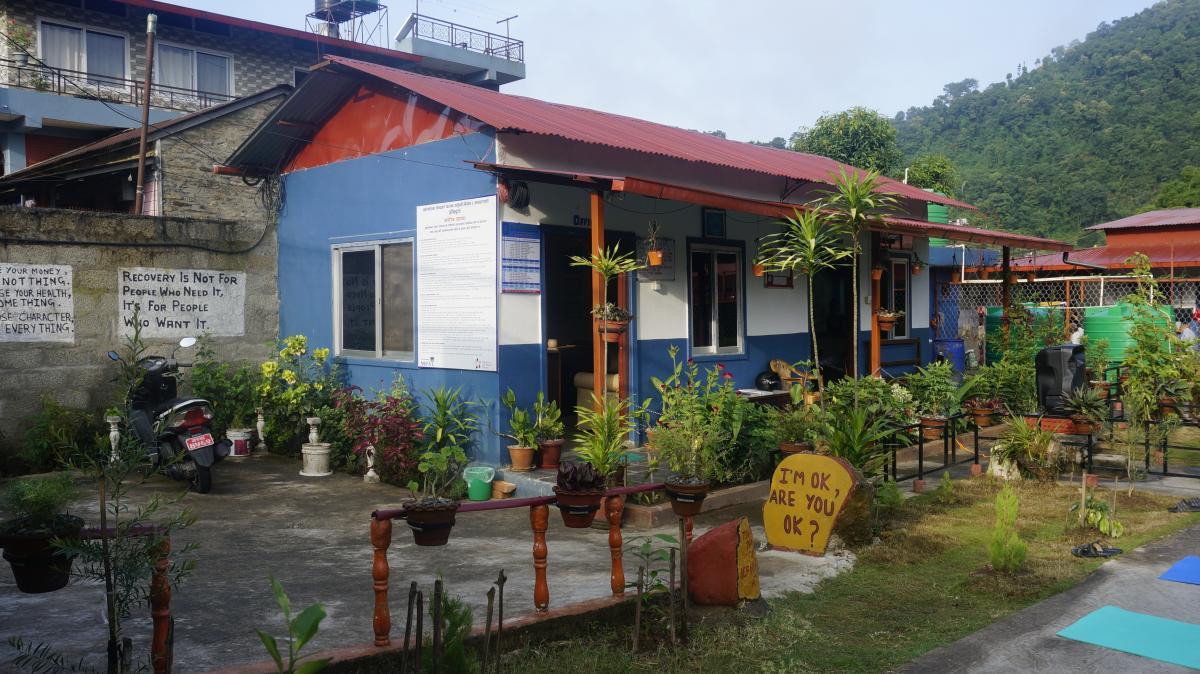In Nepal, the path to recovery from addiction often leads individuals to specialized rehabilitation centers. These centers play a crucial role in providing comprehensive support and treatment for those struggling with substance abuse. As drug and alcohol abuse becomes an increasing concern, understanding the role of rehab centers, the services they offer, and how they facilitate recovery can provide valuable insights into the healing process. This blog explores the importance of rehab centers in Nepal, the types of services they provide, and how they support individuals on their journey to recovery.
The Role of Rehabilitation Centers in Nepal
Why Rehabilitation Centers Are Essential
Rehabilitation centers serve as a lifeline for individuals grappling with addiction. They offer structured environments where individuals can receive medical care, counseling, and support necessary to overcome their dependencies. These centers address the multifaceted nature of addiction, providing not only physical treatment but also psychological and emotional support.
Common Challenges Addressed by Rehab Centers
- Detoxification
- The initial step in addiction treatment, detoxification involves safely managing withdrawal symptoms and removing toxins from the body.
- Mental Health Issues
- Many individuals with substance abuse problems also face mental health disorders such as depression, anxiety, or trauma. Rehab centers provide integrated mental health care to address these co-occurring conditions.
- Social and Emotional Support
- Overcoming addiction is not just about stopping substance use; it involves rebuilding relationships, developing coping strategies, and finding a new purpose in life.
Services Offered by Rehab Centers
1. Medical Detoxification
- Supervised Withdrawal
- Medical detoxification is conducted under the supervision of healthcare professionals to ensure safe withdrawal from substances. This process is crucial for managing severe withdrawal symptoms and preventing complications.
- Medication Management
- Medication may be prescribed to ease withdrawal symptoms, reduce cravings, and address any underlying mental health issues. Rehab centers tailor medication plans based on individual needs.
2. Counseling and Therapy
- Individual Therapy
- One-on-one sessions with licensed therapists help individuals explore the root causes of their addiction, develop coping skills, and work on personal goals.
- Group Therapy
- Group therapy provides a supportive environment where individuals can share experiences, learn from others, and build a sense of community. It fosters peer support and accountability.
- Family Therapy
- Involving family members in therapy sessions helps address relationship dynamics and improve communication. It also provides families with tools to support their loved one’s recovery.
3. Educational Programs
- Addiction Education
- Educational sessions inform individuals about the nature of addiction, its effects on the body and mind, and strategies for maintaining sobriety.
- Life Skills Training
- Rehab centers offer training in essential life skills such as stress management, financial planning, and job readiness to help individuals reintegrate into society successfully.
4. Holistic and Complementary Therapies
- Yoga and Meditation
- Practices like yoga and meditation promote physical and mental well-being, helping individuals manage stress and cultivate a positive mindset.
- Nutritional Counseling
- Proper nutrition plays a vital role in recovery. Nutritional counseling ensures that individuals receive balanced diets to support their overall health.
5. Aftercare and Support
- Relapse Prevention
- Aftercare programs focus on preventing relapse by providing ongoing support, monitoring, and access to resources after the initial treatment phase.
- Support Groups
- Participation in support groups such as Alcoholics Anonymous (AA) or Narcotics Anonymous (NA) provides ongoing encouragement and accountability.
Choosing the Right Rehab Center in Nepal
Factors to Consider
- Accreditation and Licensing
- Ensure that the rehab center is accredited by relevant health authorities and follows established standards of care.
- Specialized Programs
- Look for centers that offer programs tailored to specific needs, such as programs for adolescents, women, or individuals with dual diagnoses.
- Facilities and Environment
- Consider the center\’s environment, facilities, and comfort levels. A supportive and conducive environment can significantly impact the recovery experience.
- Cost and Insurance
- Evaluate the cost of treatment and check if the rehab center accepts insurance or offers financial assistance.
Seeking Recommendations
- Consult Healthcare Providers
- Speak with doctors, counselors, or social workers who can provide recommendations and referrals to reputable rehab centers.
- Read Reviews and Testimonials
- Look for reviews and testimonials from former patients to gauge the effectiveness and quality of care provided by the rehab center.
The Journey to Recovery
Recovery from addiction is a journey that involves commitment, effort, and support. Rehab centers in Nepal play a pivotal role in this journey by offering comprehensive care and guidance. The healing process is not just about overcoming addiction but also about building a new, fulfilling life.
Embracing a New Life
- Personal Growth
- Recovery often leads to significant personal growth, including improved self-awareness, resilience, and a renewed sense of purpose.
- Rebuilding Relationships
- As individuals recover, they have the opportunity to mend relationships and create new, healthy connections.
- Community Integration
- Engaging in community activities and support networks helps individuals stay connected and involved in positive environments.
Rehabilitation centers in Nepal are essential in the fight against addiction, offering a pathway to recovery and a better future. By understanding the services they provide and how they support individuals, we can make informed decisions and seek the help needed for a successful recovery journey. Remember, recovery is possible, and it begins with taking the first step towards a healthier, drug-free life.
Stay Informed. Seek Help. Embrace Recovery.




